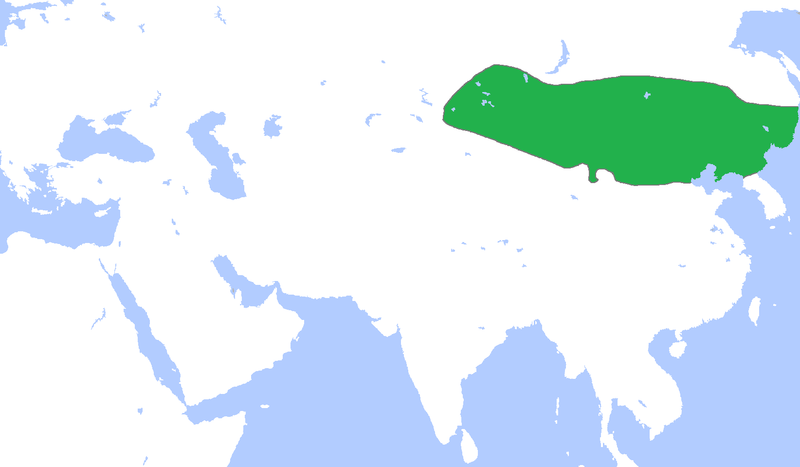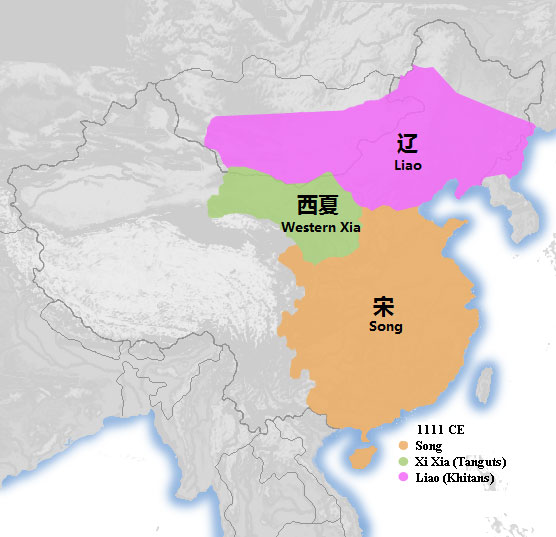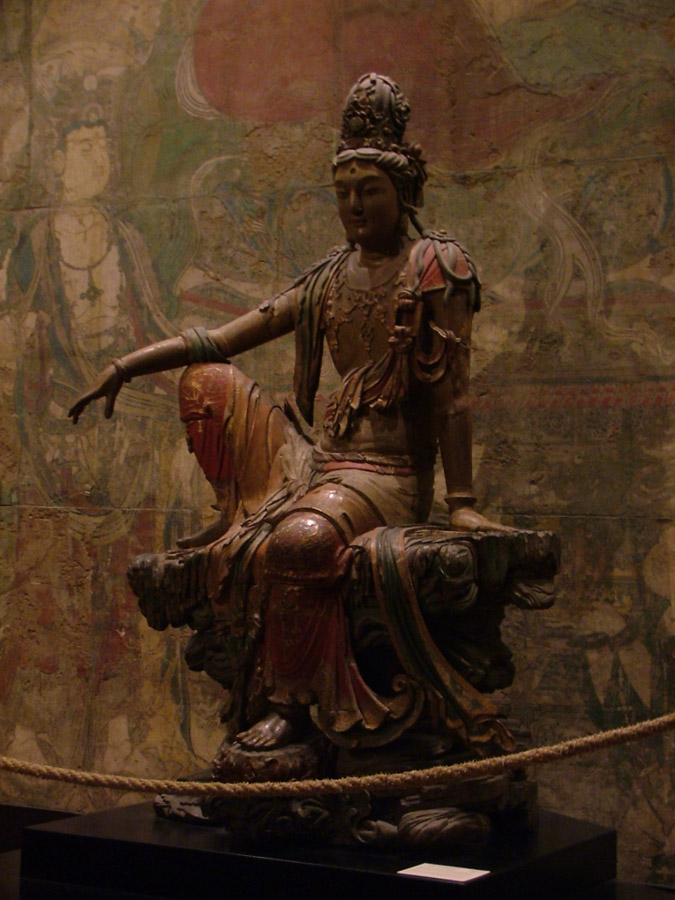After the fall of Tang Dynasty, the Yelu clan of the Khitan people founded the Liao Dynasty. It was also referred to as the Khitan Empire, and also as another non-Chinese empire, specifically Mongolian tribe, located in the northern soil of China. The empire’s first ruler, Yelu Abaoji, was said to be one of the descendants of many non-Chinese rulers.
Khitan Relations with the Chinese
The Khitan people were said to be in close with the Tang emperor. They even ruled for more than a century but were not famous since they were located in steppe area. Khitan was divided into eight tribes, and among these, the most powerful tribe was where Abaoji born. Despite a close relationship, Khitan joined with alliances against Tang dynasty.
To increase the empire’s property, the Khitan people kept on attacking Chinese with armored cavalry until the Chinese government decided to propose a peace treaty. Huge tributes and presents were offered to ensure a standing relationship and avoid another war with Khitan people. Up until then, the Khitan people started to assume Chinese identity. Over time, the idea of war between the two groups subsided.
The Khitan Government
With this, the administration of the government of the Khitan Empire was a mixture of traditional Khitan traditions and adopted Chinese government institutions. Slaves were freed and became ordinary people who were allowed to work as farmers, pastures, and even soldiers.
The Northern and Southern Chancellery
During Abaoji administration, the empire was divided into two namely: Northern and Southern Chancellery. Northern Chancellery consisted of nomadic people, including Khitan, who live in the steppe. These people were highly trained for military forces, and were on call during wars. On the other hand, Southern Chancellery was composed of some Khitan and Chinese people. They were administered on civil model, and governed by ethnic and territorial laws. At first, justice systems were not equal, but after the transition period, improvement in the justice system occurred. Khitan who committed crime were punished. Civil examinations which were similar in Tang dynasty was practiced to choose the holder of different government posts.
While some considered Liao dynasty as brilliant in government administration, there were many who opposed Abaoji, including his own family. The relentless opposition lasted for almost a decade.
It was at this era that a bureau of Chinese military affairs was established. This bureau, which can be occupied by Chinese or Khitans, was considered as the most important bureau of the government because it handles all political matters, including military issues. Under the Khitan government, the commissioner of this post was referred to as Great Prince.
Developments During the Liao Dynasty
During Liao Dynasty, many developments in China were undertaken. Walled cities were built and four capital city of each region were established. Shangjing became the commercial district of China.
During Liao Dynasty, only two emperors ruled, aside from the chosen chieftain, Abaoji. These were Emperor Taizu, who first ruled when Liao Dynasty was established in 916, and Emperor Tianzuo, who ruled from 1101 until 1125.
The Khitan and the Assimilation of Chinese Customs
Khitan people had difficulty accepting Chinese acculturation. Primogeniture, which refers to the first-born son as successor of the entire state, was one indicator of these resistances. Even so, Khitan never accepted the use of surnames, but the Chinese did, because they believed it made them so soft. Yet, Khitan strongly believed on living with their nomadic and strong character. Hence, the empire used a different government system with two chancelleries.
Initially, the Khitan people were more focused in training for wars and became rather illiterate. This gave rise to Khitan Script in large format. It used characters resembling Chinese but was very much different to Chinese writings, and up to now, the similarities and rationality behind the script are not yet deciphered. After some time, a small script called Uyghur was made and accepted by the Khitan because it was easier to use. Chinese writings were used for people in southern chancellery alone, but the Khitan elite in this area did not use these.
Up to now, there were very few literatures written in Khitan script were preserved. It was associated with the preferences on Khitan people, as they were deemed to prefer to deal with military matters rather than write poetry. With fewer people who can mastered script, problems arose regarding the reading and understanding some literatures written in Khitan.
However, Khitan rulers like princes, princesses, and empresses were required to study and write using Chinese characters. They studied the Chinese customs, philosophy, and traditions. They even had relics of poetry, proving their ability to write in Chinese characters.
Khitan Economy
Typically, the Khitan people’s primary source of income was through fishing and hunting. However, Chinese influenced the Khitan in farming, and crop growing. Slaves of the Liao became the major suppliers of different tools in hunting, fishing, and farming, as these people worked to produce cast iron. Also, silver and gold, papermaking, woodworks, and silk weaving were assigned to craftsmen to produce products in high standards.
With these, the economic status of the empire grew tremendously. They exported goods such as sheep, horses, pearls, and iron knifes. They also imported goods such as medicine, tea, books, and porcelain. These circumstances gave rise to coins and taxes imposed on merchants.
Women During the Liao Dynasty
During Liao Dynasty, women in Northern Chancellery were given utmost role and responsibilities in the community. Empresses were highly regarded as co-ruler of emperors. Khitan women were given more freedom considering marriage. They were allowed to remarry after the death of their first husband. Unlike Chinese women, Khitan women were not forced to marry the husband of their deceased sisters. Khitan women are very competitive in terms of labor and were included in religion and the ritual life of society.
By contrast, Chinese women were given much restriction. Their roles were not highly regarded as they were expected to remain home at all times, and were expected to be submissive to their husbands.
The End of the Liao Dynasty
When Buddhism entered the Northern Chancellery, Khitan people lost their attitude towards nomadic way of life. Other problems concerning succession and natural disaster resulted in lower morale in military forces of the once powerful Liao Dynasty. Their defenses were shattered when the Song engaged them, and the Khitan Empire collapsed.


